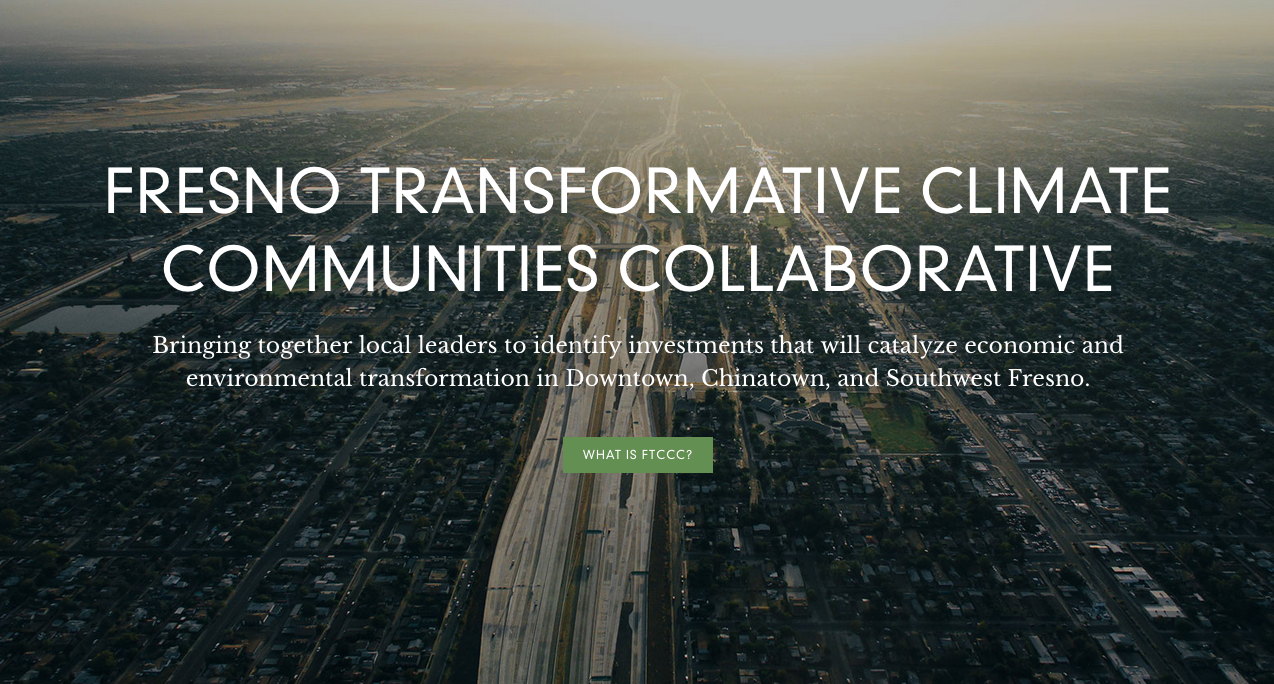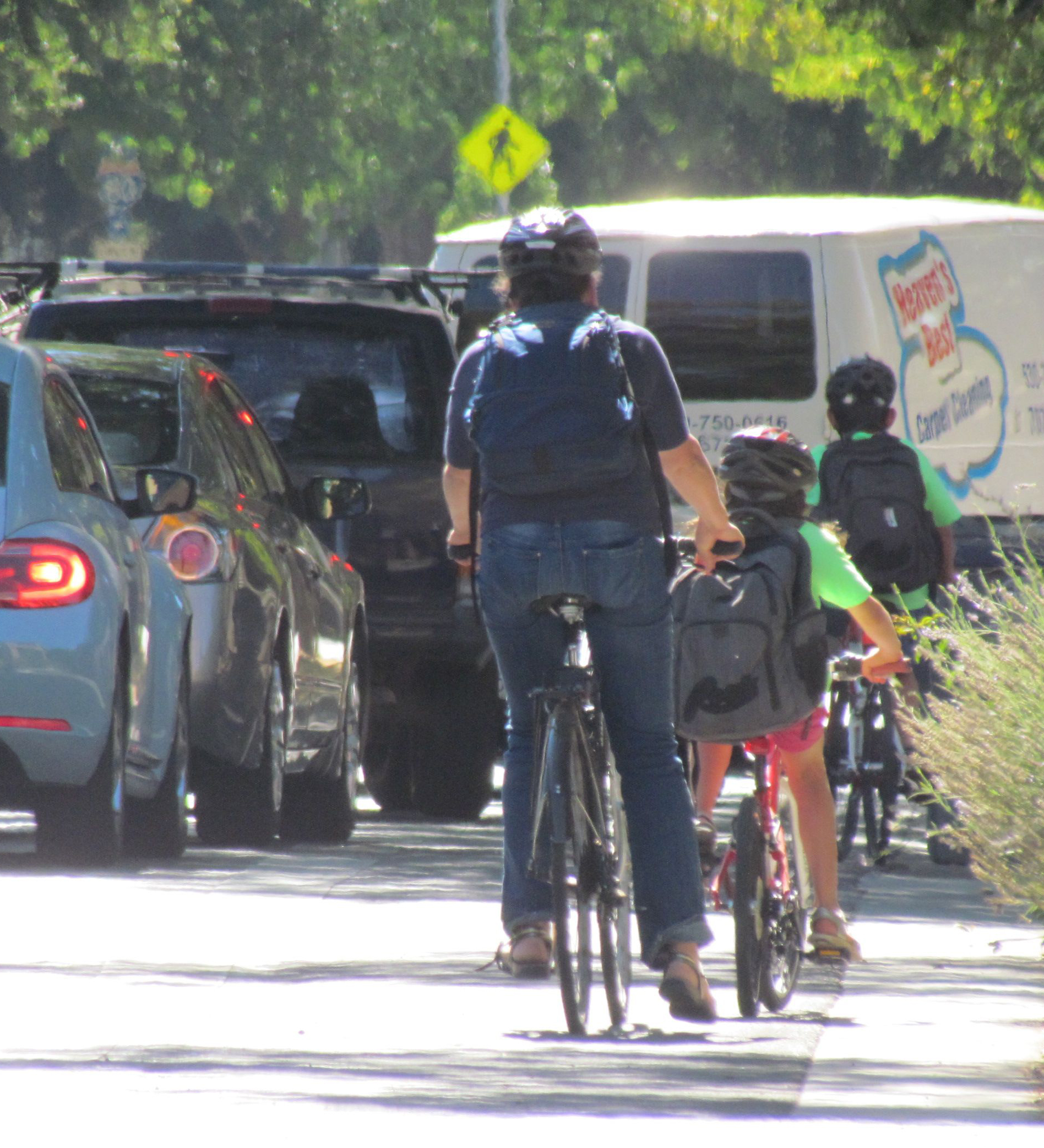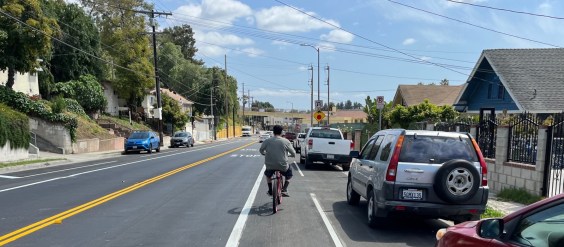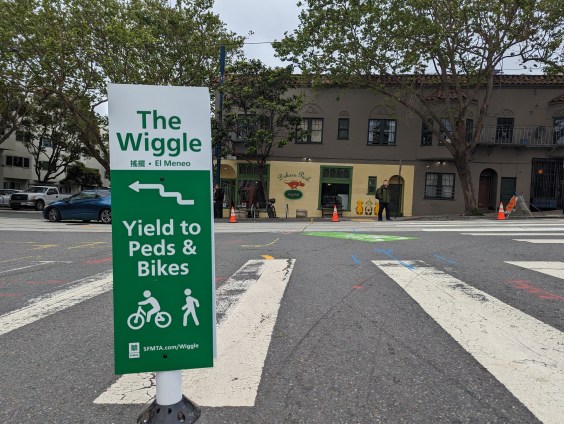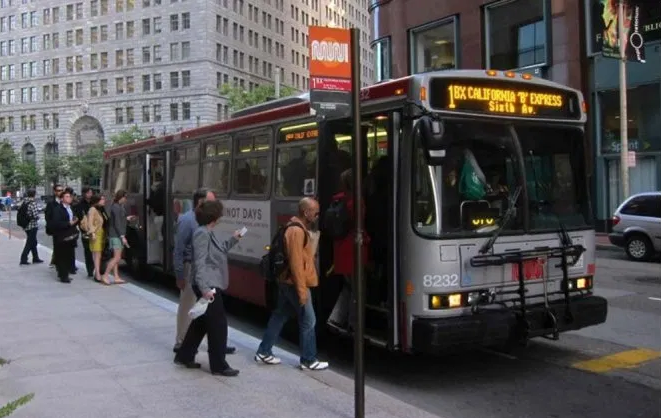A bill to get state funding agencies to create technical assistance programs for communities that might not know how to apply for their funding moved forward in the legislature today. And a second round of Transformative Climate Communities (TCC) grants was announced yesterday.
Both the bill and the grants are aimed at finding ways to apply California's climate investments in the most efficient and community-supported ways possible.
California is investing a lot of money, from a variety of sources, in finding ways to slow climate change and improve the environment. The state legislature has also recognized that those investments need to benefit everyone in California. To that end, it has promulgated a number of laws ensuring that some of the money goes to communities where poverty is high, where air quality is bad, and where residents live chock-a-block with polluting industries.
But you can't just throw money at a problem. And handing money over to local governments isn't always the best solution--they have their own agendas, which may not match what local residents want or need.
S.B. 1072, from Senator Connie Leyva (D-Chino), would create collaborative programs aimed at helping communities figure out what type of investments would best serve them. It would also direct the Strategic Growth Council (SGC) to create standards for other state granting agencies to offer technical assistance to communities who want to get some of that money.
The idea is to make it possible for communities that have no idea this money is available, nor how to go about accessing it, to get help applying for the grants.
The bill just got out of the Assembly Appropriations Committee--where many bills die a quiet death—and is moving forward. Some state agencies had balked at the idea that they might be required to create a new program guided by another agency, so the technical assistance program right now is voluntary. Even so, just getting a conversation going about the need for technical assistance and capacity building has been a plus, according to Emi Wang of the The Greenlining Institute, which sponsored the bill.
Government agencies are required to conduct public outreach, but frequently don't know where to begin, or have little time or money to put into the effort, or just don't want to do more than hold a few meetings so they can say they had buy-in for what they already planned to do. The creation of regional collaboratives through S.B. 1072 could bring people together before plans are made, to help formulate what goes into them.
“California has done a great job at setting overarching policy and rules for climate change,” said Wang. And cap-and-trade is bringing in a lot of money. “But there is also a real need for capacity building and planning, not just more dollars. What hasn't been happening is preparing communities to take action. It's not just about money going out—communities need to be ready to receive that funding,” she said.
“The hope is that we can better prepare communities, especially the most under-resourced communities, so they can be as competitive as larger areas with more capacity,” she said.
Meanwhile a new round of funding for Transformative Climate Communities grants has been announced. These grants, funded by cap-and-trade, help communities change their built environment to reduce greenhouse gas emissions, improve public health, and bring economic opportunity. They are aimed at cities that have been hardest hit by environmental problems, and may not know how or where to begin planning for a cleaner, more sustainable future. The grants have strong requirements around community engagement and consideration of anti-displacement strategies and workforce training.
There is about $46 million available for implementation grants, and another $800,000 for planning grants, which are meant to prepare communities so they can apply for future implementation grants.
The deadline for applications is October 30. Applicants are required to get technical assistance from the SGC on the grant applications, and must fill out a preliminary survey by September 4.
All the details are available here.
The last round of TCC grants, awarded in January, included a huge award of $70 million to Fresno for a long list of projects, and two somewhat smaller ones of $35 million each to Watts and Ontario. The SGC has not decided yet how large this year's grants will be, and asks applicants to submit two different funding scenarios.
There were also ten TCC planning grants to help communities begin the process of convening to talk about what they would do with one of the implementation grants.
NextCity recently posted a remarkable story about the process by which Fresno secured its TCC grant. Johnny Magdaleno describes what began as a top-down process, with the city deciding that most of the investments should go towards the downtown area near the future high-speed rail station rather than to the city's poorer, more polluted residential areas just southwest of there.
But residents of that area got together and talked about what they wanted. They went to Sacramento to talk to the SGC, and made sure their part of town would be included in the grant. They also pushed the city to create wider, more meaningful outreach in Fresno. In the end, the residents of the southwest area came up with an entirely new proposal that combined some elements from the other “official” proposals the city was considering while leaving others out. The community committee that had been convened to vote on the final proposal chose theirs almost unanimously.
It was hard work on all fronts, and involved not only commitment from the state—which had already told Fresno it would get this money—but openness from the city and supportive groups like the Leadership Counsel for Justice & Accountability, as well as persistence on the part of the residents.
Fresno is currently working on refining and finalizing the projects on its list.
There's also a story by Emi Wang about the experience of Stockton, one of the recipients of a TCC planning grant. That city is just beginning the process of getting its residents together to discuss what they need and want, and how they would like to transform their community.
“Our work in Stockton made clear to us just how vital capacity building is for communities on the ground to be able to capture the climate resources offered by the state,” said Wang. “Prior to [The Greenlining Institute] engaging in Stockton, folks locally didn't know about TCC or any of the other climate investment programs, weren't collaborating together, and simply didn't have enough capacity or technical know-how to submit an application. That's why we're working on S.B. 1072 this year, to scale out what worked in Stockton across the state.”
“Low income communities are the very same communities with the least capacity—in terms of local infrastructure, partnership, resources, technical expertise, etc.--to compete for climate investment funding,” said Wang, “and that's got to change.”
